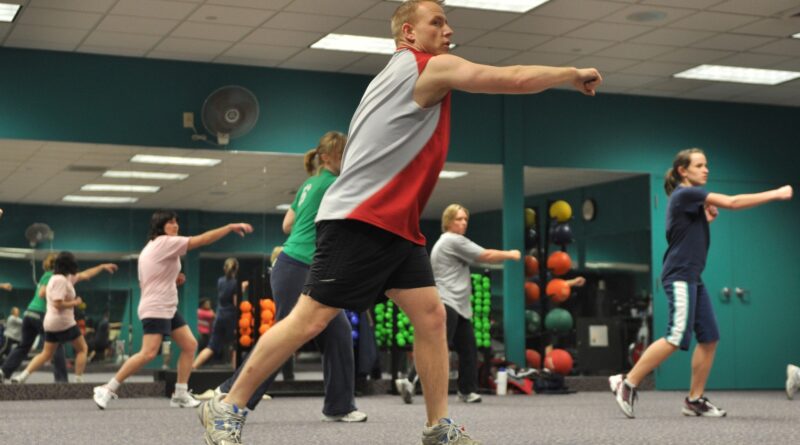The Role Of Sports In Education
Sports play a crucial role in education beyond physical exercise and competition. They have the potential to foster character development and contribute to academic success among students. By participating in sports, students can acquire valuable life skills, develop positive attitudes, and enhance their overall educational experience. Here, we explore the multifaceted role of sports in education.
Character Development:
Sports provide a platform for students to develop essential character traits such as discipline, perseverance, teamwork, and resilience. Through training, practice, and competition, students learn the value of hard work, dedication, and setting goals. They experience both success and failure, teaching them how to handle adversity, bounce back from setbacks, and remain determined to achieve their objectives. These character-building experiences gained through sports can positively impact their academic pursuits and future endeavors.
Leadership and Communication Skills:
Sports offer opportunities for students to develop leadership skills and effective communication. As team members and captains, they learn how to motivate and inspire their peers, delegate responsibilities, and make decisions under pressure. They also learn how to communicate effectively with coaches, teammates, and officials, fostering interpersonal skills that are transferable to academic settings and future professional environments.
Time Management and Discipline:
Participating in sports requires students to balance their academic responsibilities with training sessions, practices, and competitions. This necessitates effective time management skills and self-discipline. Student-athletes must learn to prioritize their commitments, manage their schedules efficiently, and maintain a disciplined approach to their studies. These skills are invaluable for academic success and future career prospects.
Physical and Mental Well-being:
Engaging in sports contributes to students’ physical and mental well-being, which in turn positively impacts their academic performance. Regular exercise promotes better concentration, memory, and cognitive function. It reduces stress, improves mood, and boosts overall mental health. Physically active students are more likely to have higher attendance rates, increased energy levels, and improved academic focus.
Teamwork and Collaboration:
Sports encourage teamwork and collaboration among students. They learn how to work together towards a common goal, respect the abilities and contributions of their teammates, and understand the importance of collective effort. These skills translate into the classroom, where students can effectively collaborate on group projects, engage in meaningful discussions, and appreciate diverse perspectives.
Goal Setting and Achievement:
In sports, setting and striving for goals is fundamental. Students learn to set both short-term and long-term goals, create action plans, and monitor their progress. This goal-oriented mindset can be applied to their academic pursuits. Setting academic goals, such as improving grades or mastering a subject, can provide students with a sense of purpose and direction, leading to improved academic performance.
Academic Support and Scholarships:
In many educational institutions, sports programs provide academic support to student-athletes. They may offer tutoring, mentoring, and resources to help student-athletes succeed academically. Additionally, outstanding athletic performance can open doors to scholarships, providing students with opportunities for higher education that they might not have otherwise had access to.
In conclusion, sports have a significant role to play in education beyond physical activity. By participating in sports, students can develop important character traits, enhance their leadership and communication skills, cultivate discipline and time management, and improve their overall well-being. The values and skills acquired through sports can contribute to academic success, positively impacting students’ educational journey and future prospects. Therefore, integrating sports into educational curricula and providing support for student-athletes can lead to better productivity from students.










